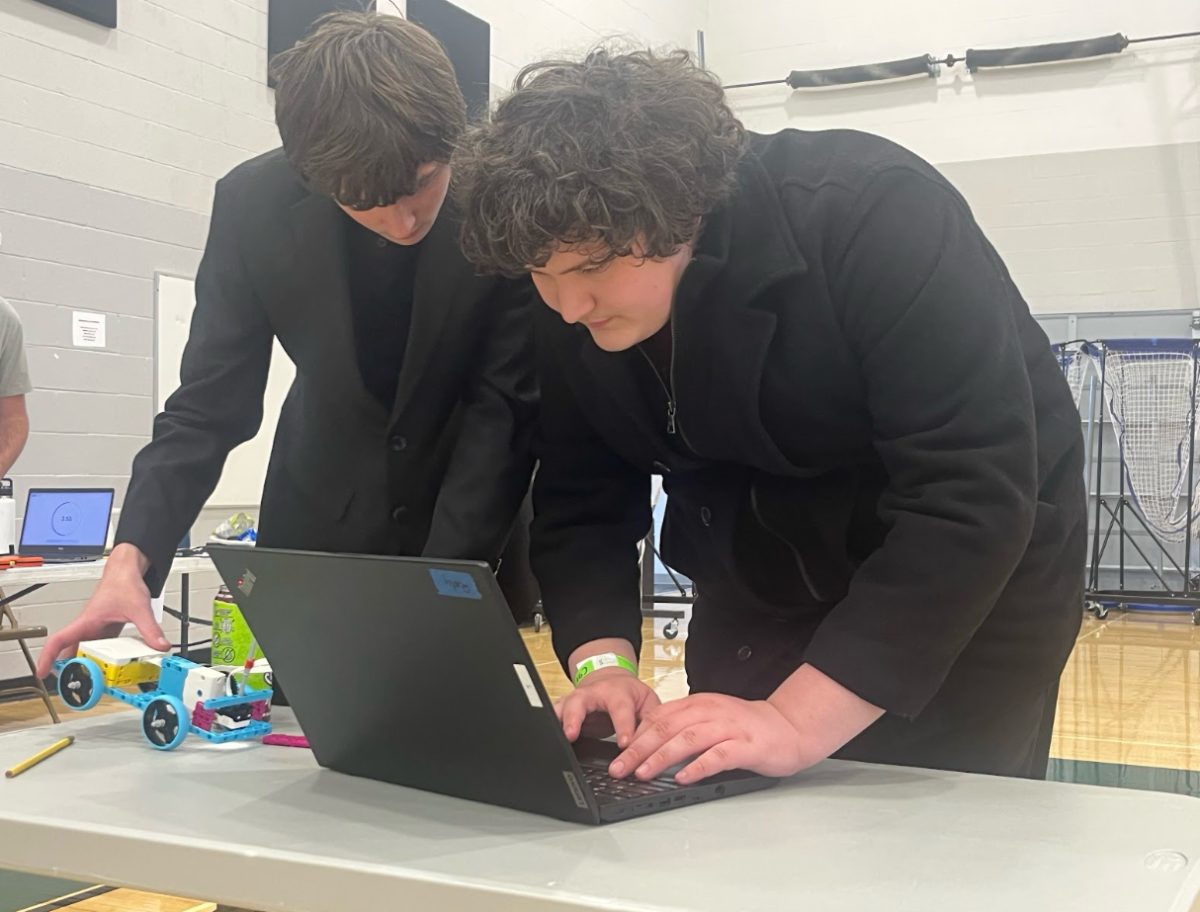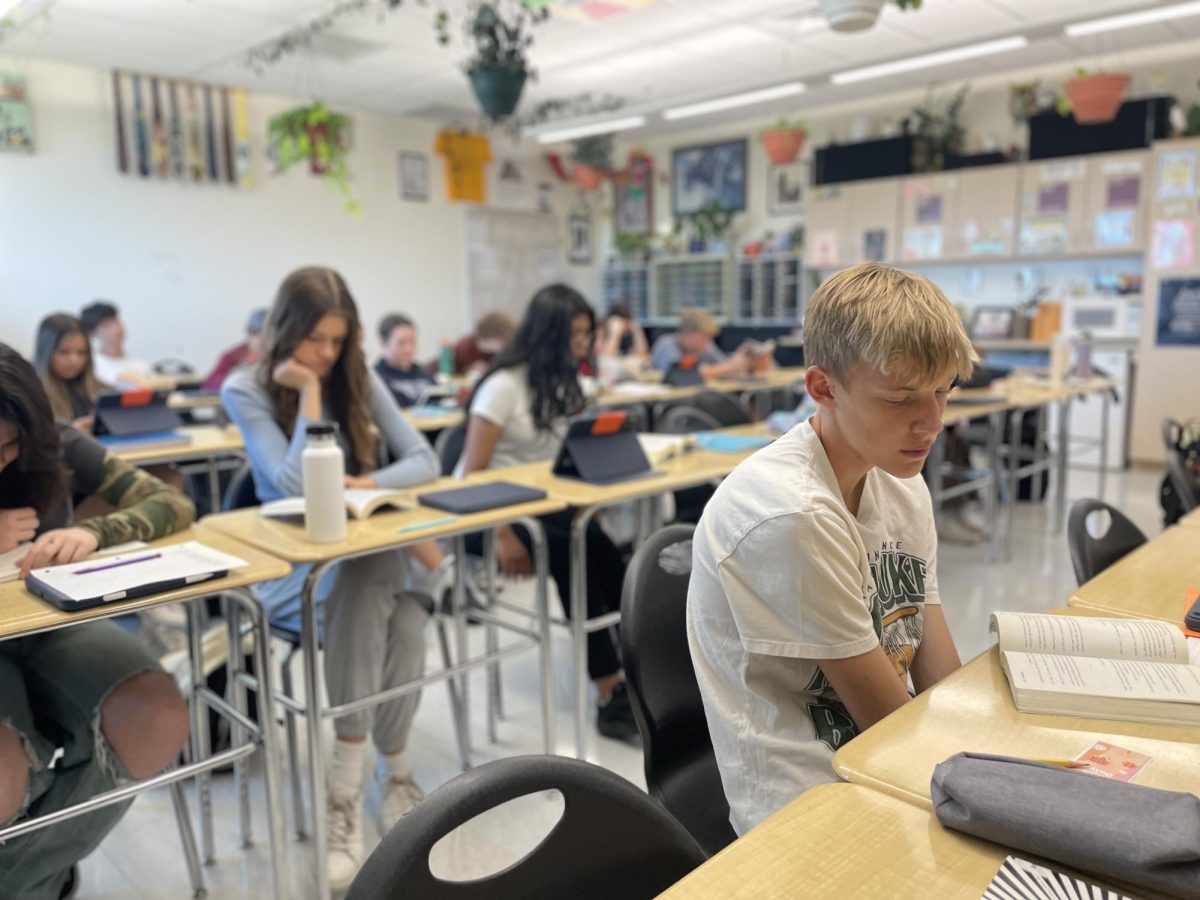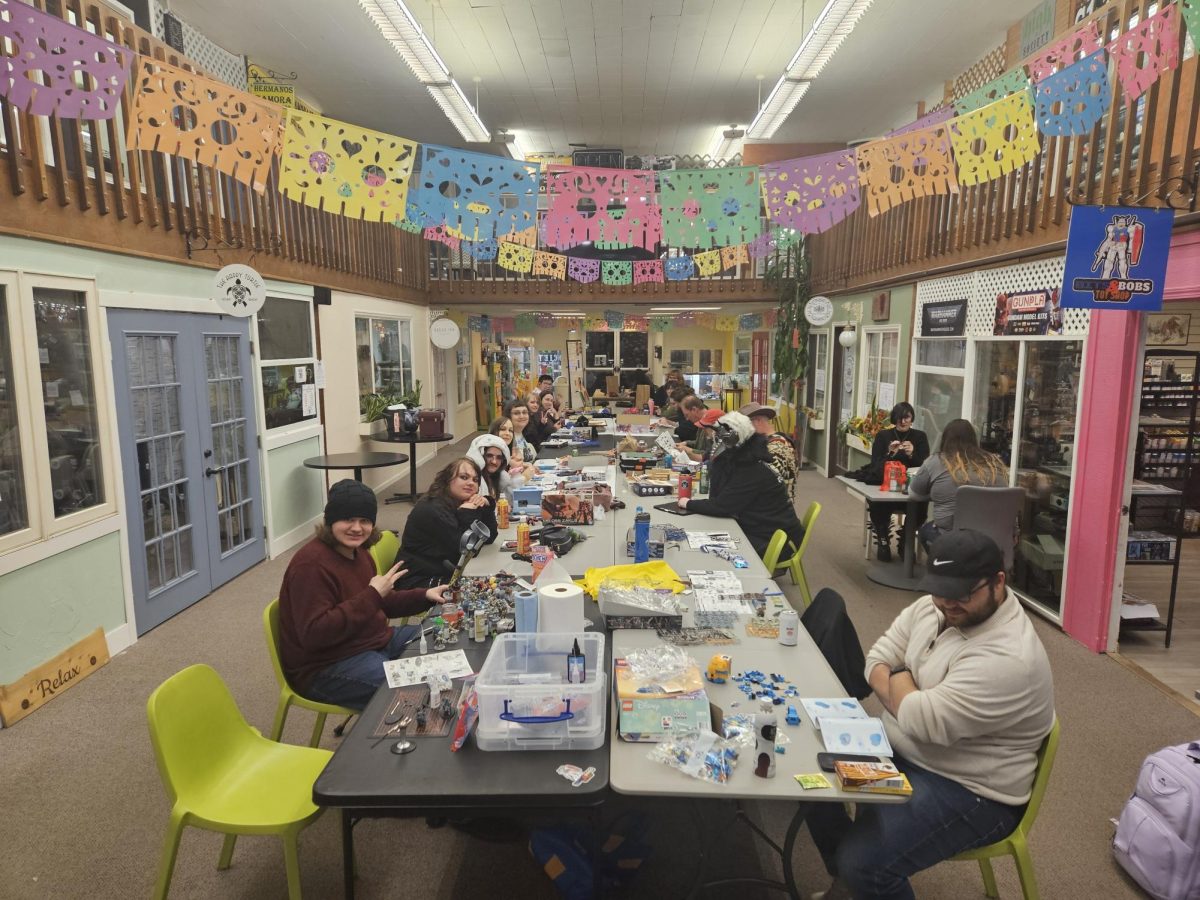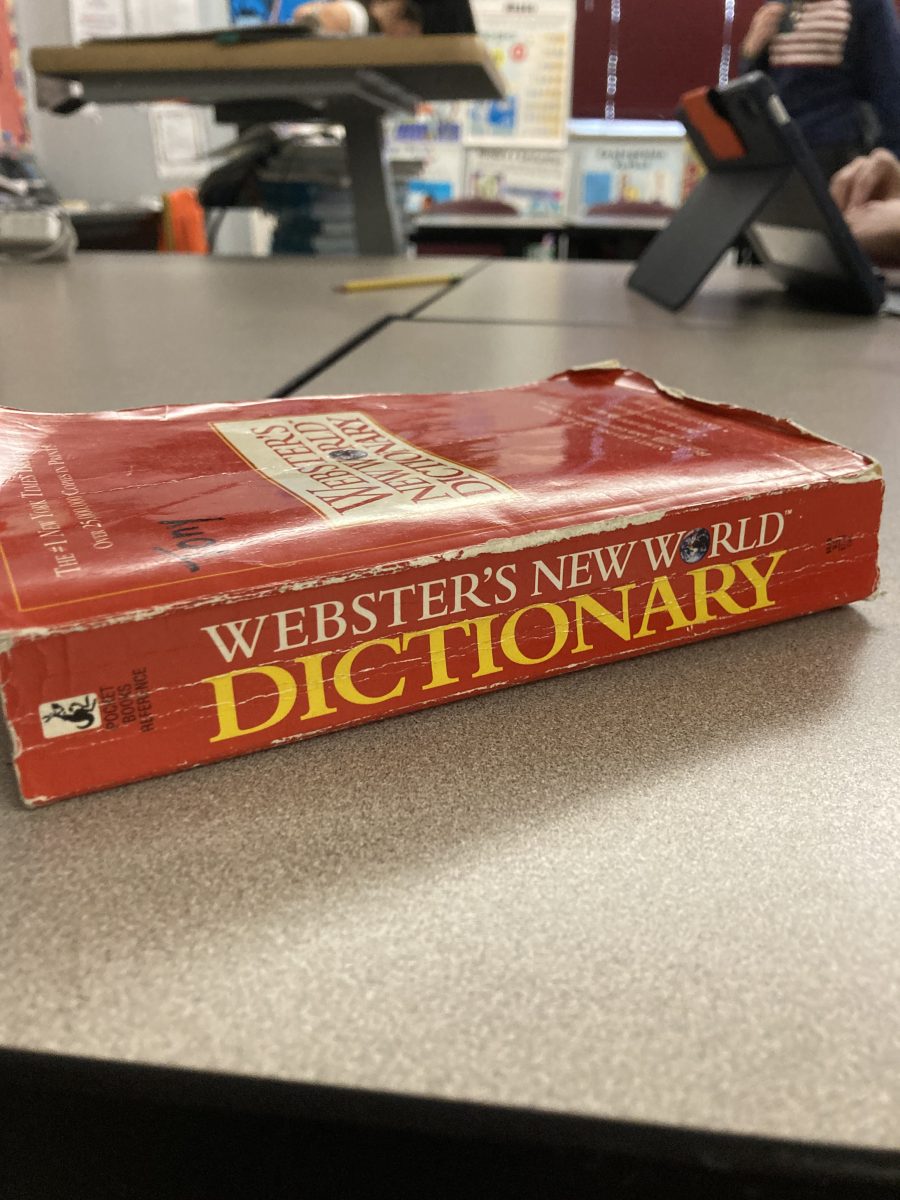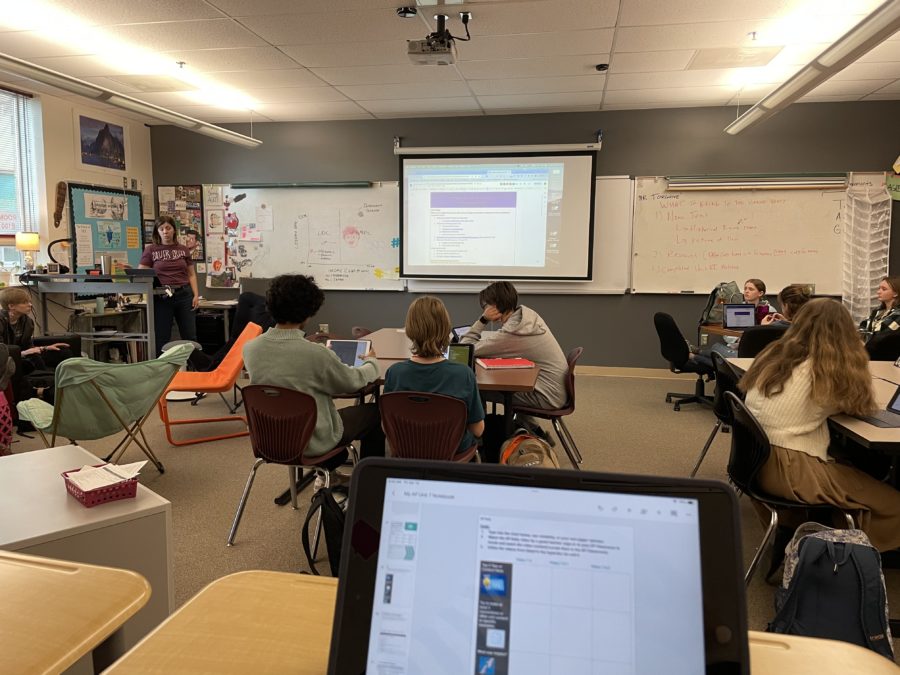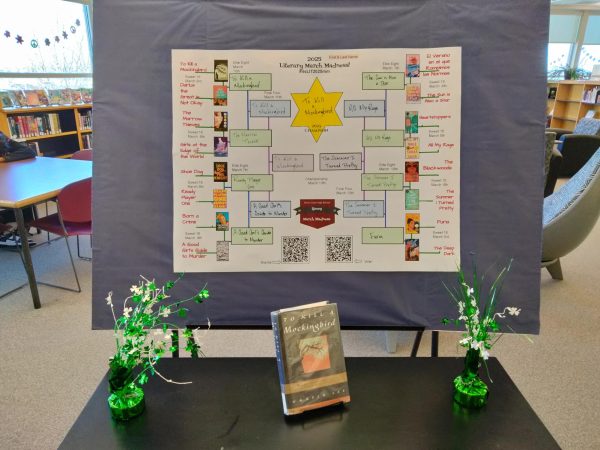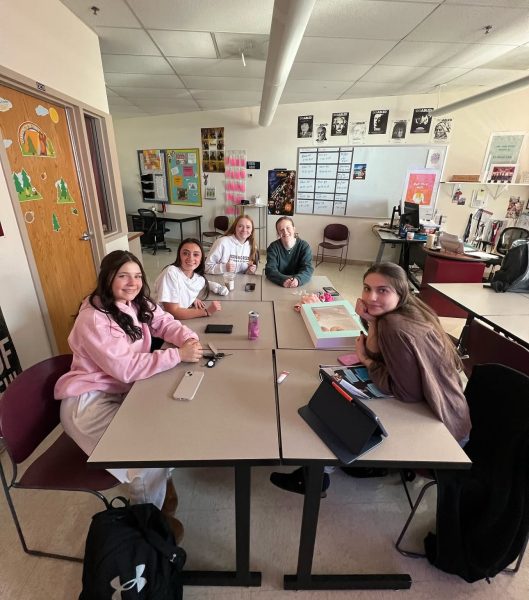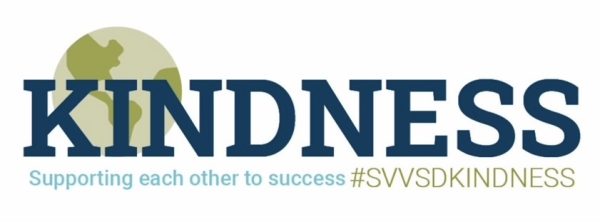AP Tests Loom Large: Challenges and Advantages of Advanced Placement
Photo courtesy of Shanti Berman
At Silver Creek High School, Jamie Vigil teaches her AP Human Geography class, preparing them for their upcoming AP exam.
In Jamie Vigil’s AP (or Advanced Placement) Human Geography class at Silver Creek High School, the 18 freshmen are preparing for their upcoming AP exam on May 4th. Having been studying the seven units of AP Human Geography throughout the year, the students are beginning to retrieve all that they have learned and are working on building connections between the different topics.
AP classes in high school are 38 offered college-level courses that are optional for an individual student to take. Usually with a good amount of homework and topic coverage, Silver Creek currently offers 22 AP courses. Every class has an exam in May of that year, all being graded on a five point scale, with a 5 being a 85% or above, and a 1 being below a 25%.
Knowing what someone is signing up for is a good idea in determining whether or not they will enjoy the class. Junior here at Silver Creek, Mia Frazier is currently taking both AP Language Arts and AP Environmental Science. She enjoys her AP classes but admits that there is a lot of work involved.
“It’s a lot of work” Frazier said, “But it really is a good opportunity if you’re college oriented or if you want to have a deeper understanding about the topic that class teaches… Think of it as an honors class, however with a lot more structured note taking. Every AP class has a set up curriculum that you have to follow and learn before the test at the end of the year.”
Frazier also pointed out that AP classes are a good way to learn more about a subject that you might not have a chance to learn about otherwise. These classes tend to go into more detail about their subject and the students often are more attentive and set on learning the material because they choose to be there.
“Don’t take an AP class just because it’s an AP class” Said Frazier, “Take it only if you’re actually interested in the topic.”
Jason Lathrop, who teaches English Language Arts as well as AP Literature At Silver Creek, agrees that AP classes are really great for students who are interested in learning more about that subject on a more in-depth level.
“I would take AP classes in the areas that you are passionate about,” Said Lathrop, “That’s what I usually tell people. Think about the things that you loved since you were a kid. If it’s science, then take your APs in science, but you don’t have to take them across the board.”
AP courses can be very challenging, especially if you are taking multiple classes at the same time, and it is important to stay focused and on top of your work.
“I think a con of AP is the peer pressure to take so many APs.” Lathrop said. “They tend to be more work, and so students who take multiple APs spend an awful lot of time doing work. And that probably comes at the cost of other things. I know that there are some kids who stop doing sports and activities because they have a lot of APs, and I think that’s bad.”
Although AP classes come with their own set of challenges, they also have their share of advantages. Taking AP courses in high school can earn you credits at some colleges, saving you money and time, as well as setting you up to become a successful college student. Knowing how to manage your time and effective ways to get your schoolwork done are all things you will learn in any AP class, and will set you on a steady path.
“A pro [to AP classes] is a challenge.” Said Vigil, “Because one of the things that we always are trying to do in education is finding material that fits the needs of the students because there’s no such thing as a standardized kid. And so if we are constantly only casting our net to the middle we’re missing the top and the bottom. So I think that it provides a challenge for students that want to think in those ways and practice those skills early on… It’s also sometimes fun just to know that you can do hard things.”
With the approaching AP exams in May, many AP students are re-learning past material and beginning to study to the best of their abilities. Each AP test is structured a little differently, with some consisting of multiple choice question sections, free response questions, analyzing different texts, or essay writing. The key to successfully gathering all of the information the students must know is to start studying early.
“I would start studying early” Vigil said, “And to force your brain into retrieval. I think sometimes students rely on going over their notes or re-reading the chapter which feels good and gives you the illusion that you know all of the material… so rather than swimming upstream I would do what your brain is already set up to do.”
Once you have found out what works best for you and how much you are willing to take on, AP courses are a great way to learn ‘everything’ about a topic and are an incredible way to become a prepared and prosperous college student in the future.

Shanti Berman is a freshman here at Silver Creek High School. This is her first time taking journalism, and she is excited to apply what she learns in...
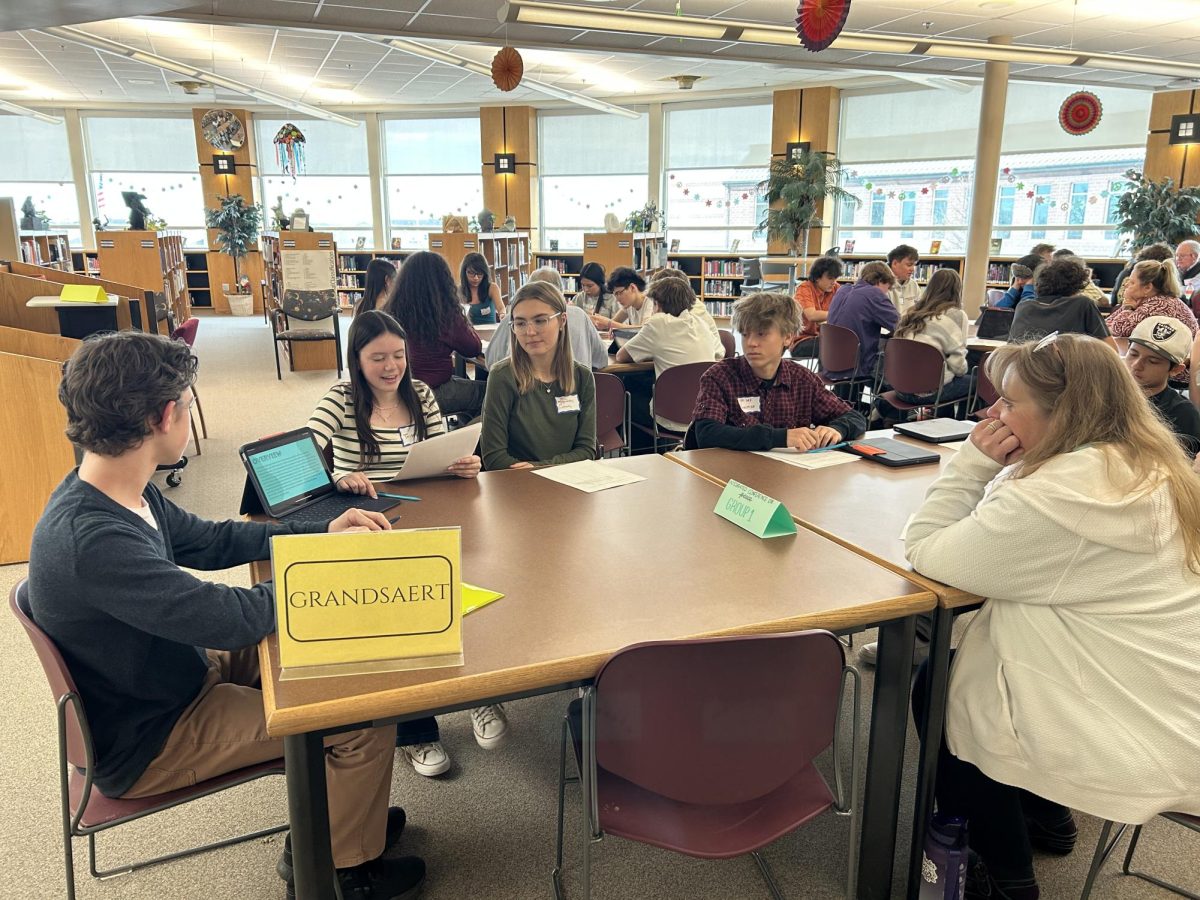
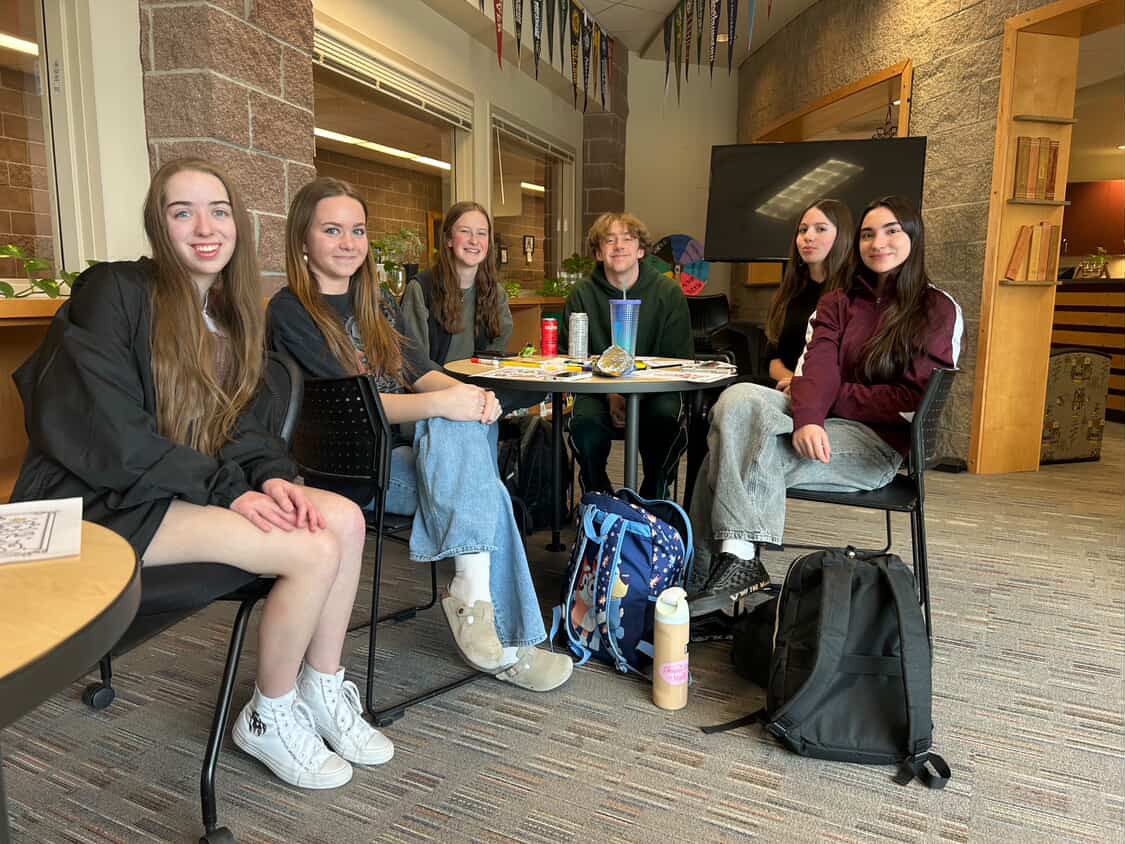
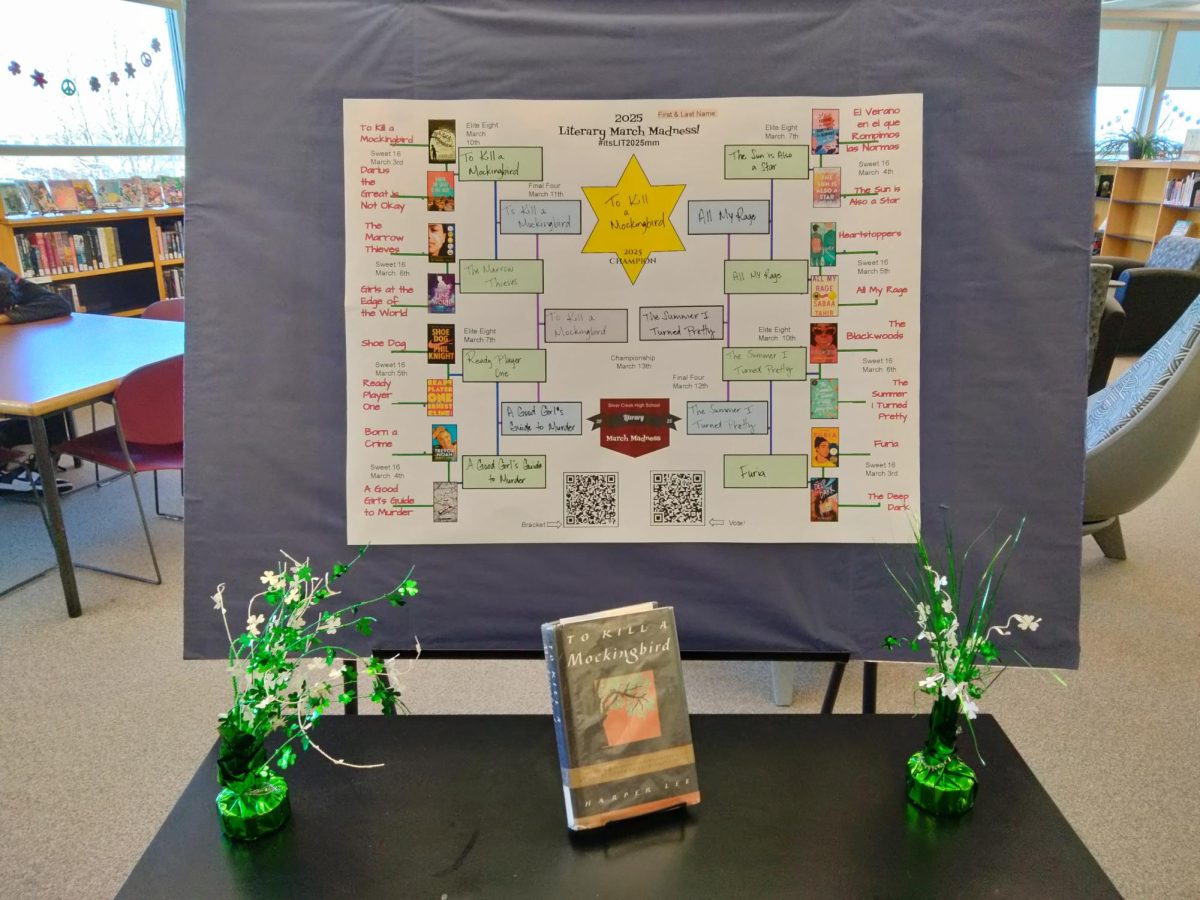
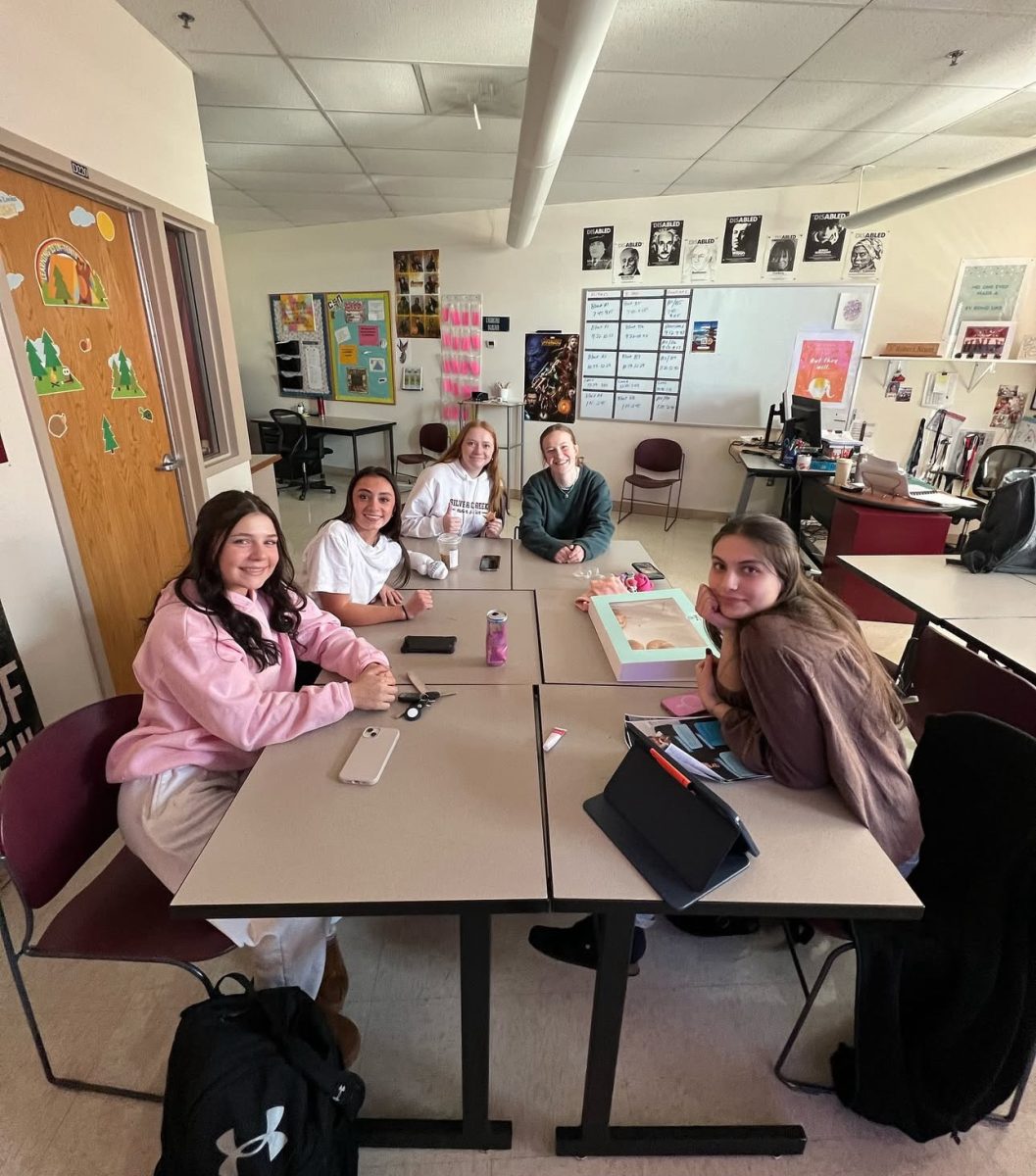

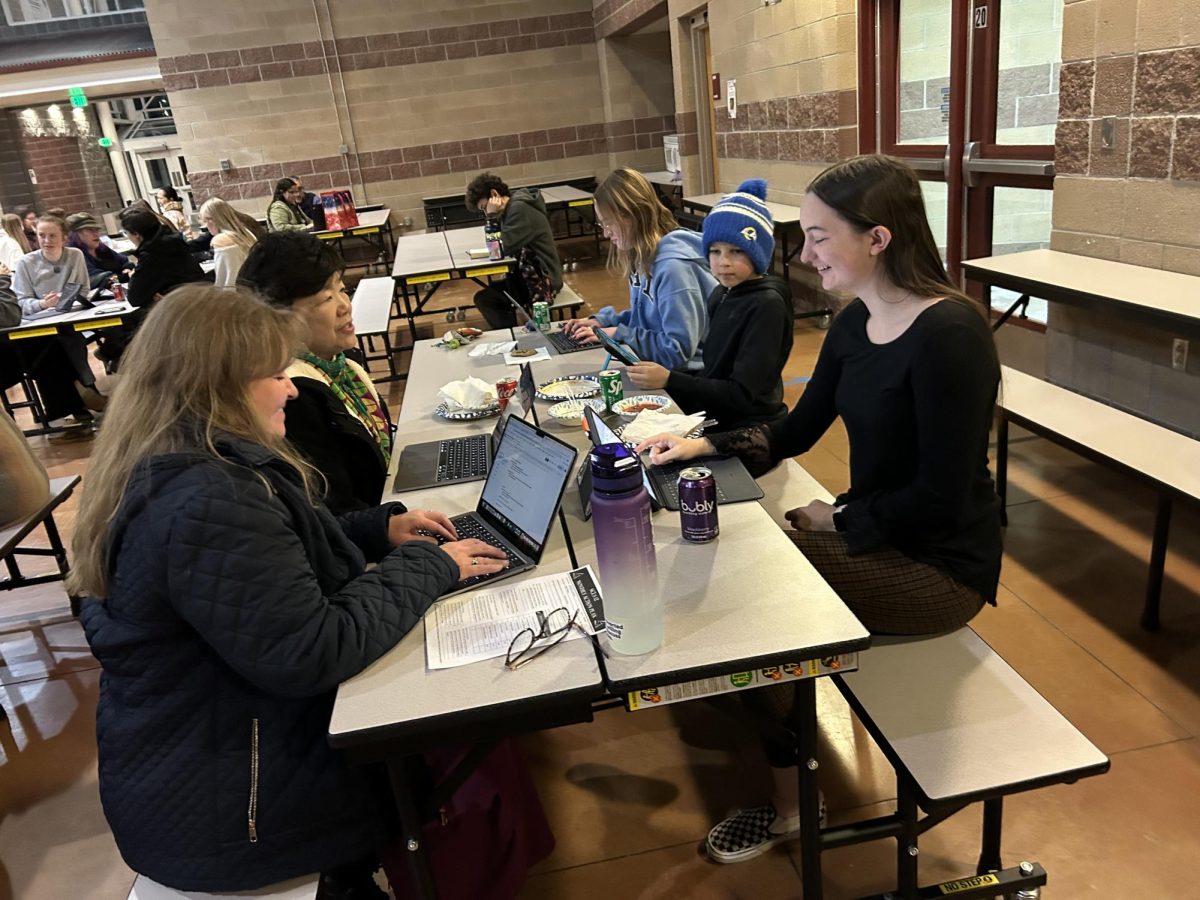
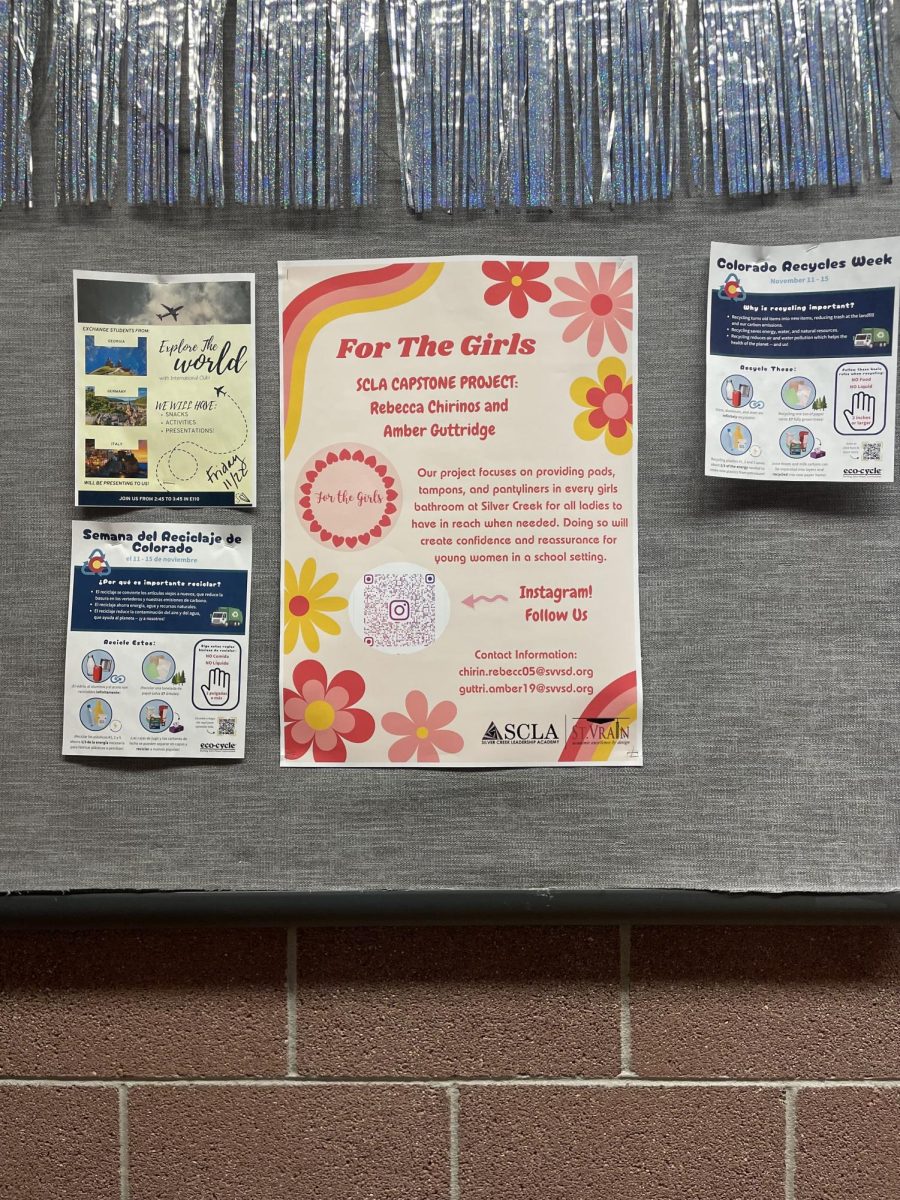
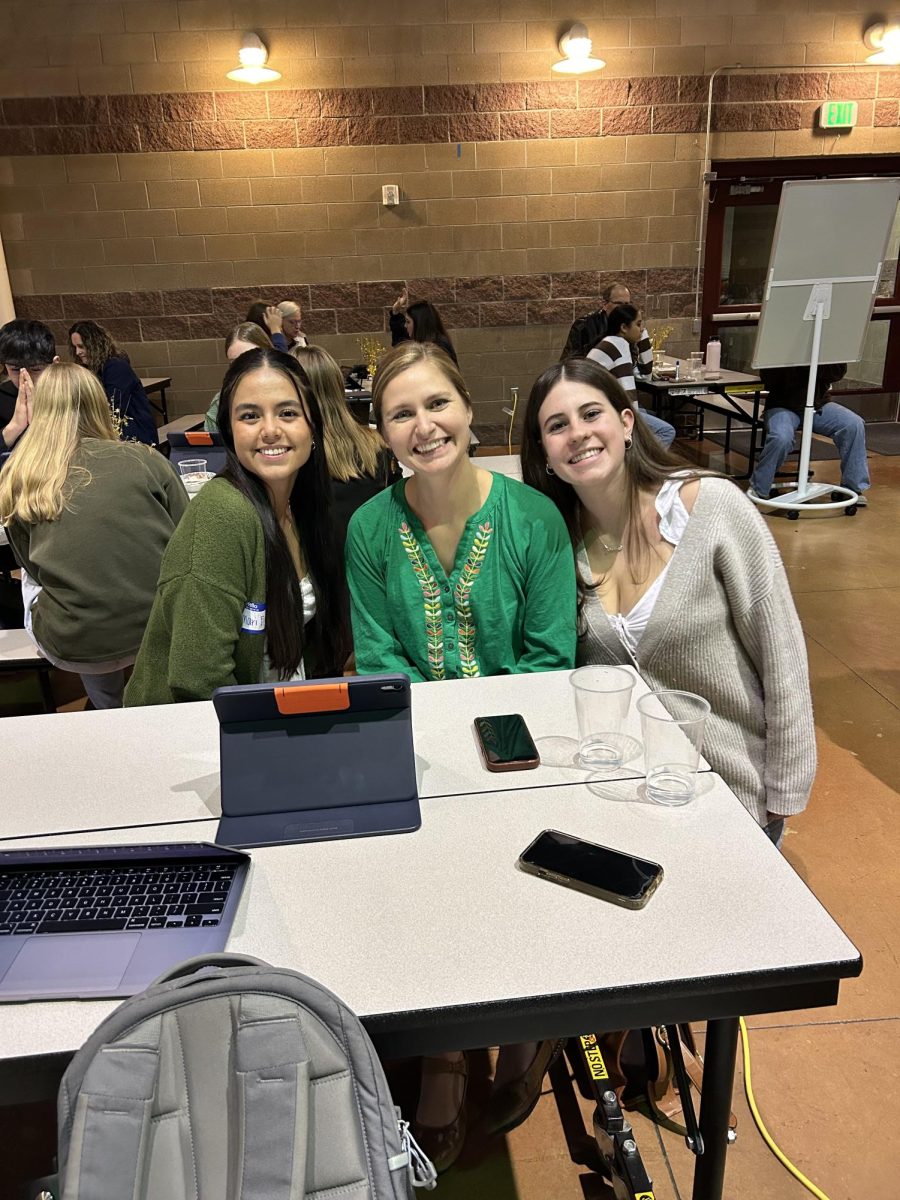
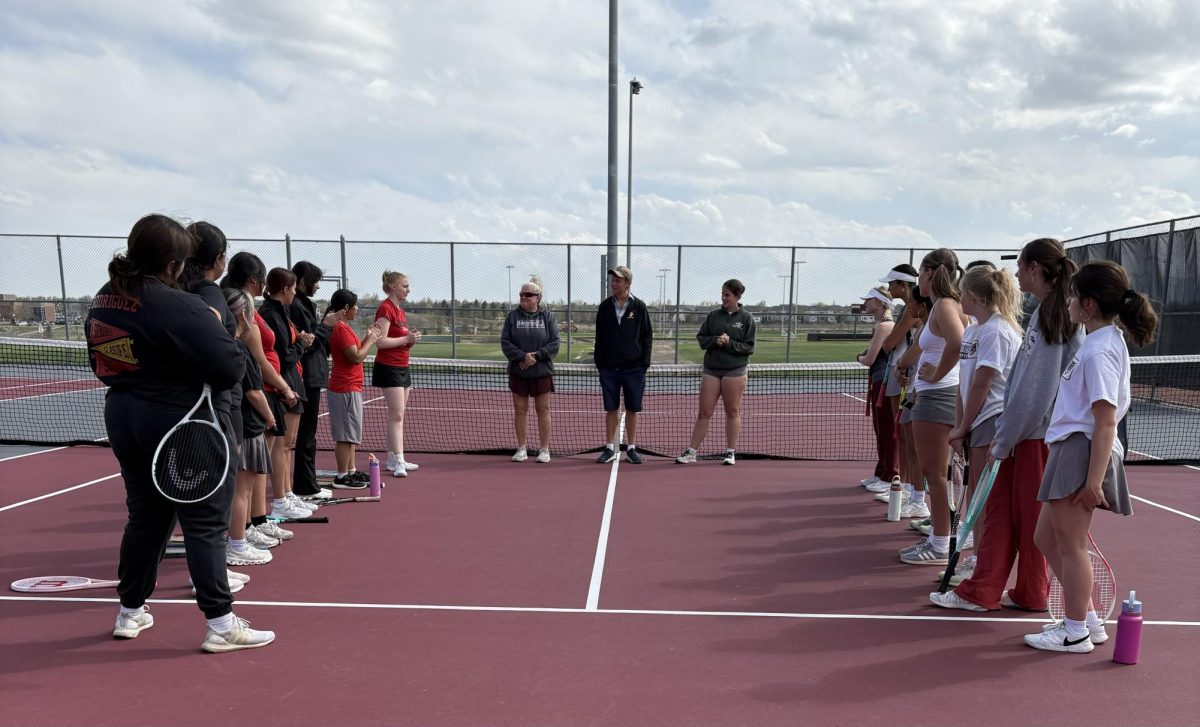

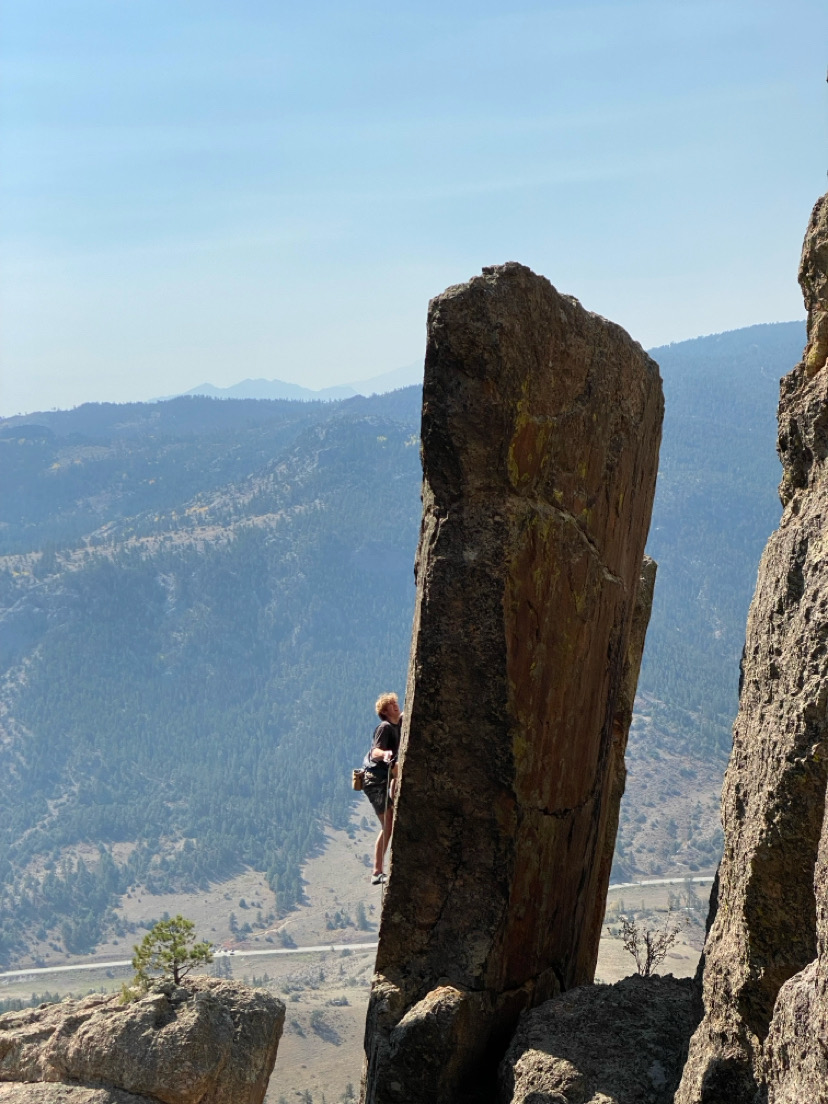

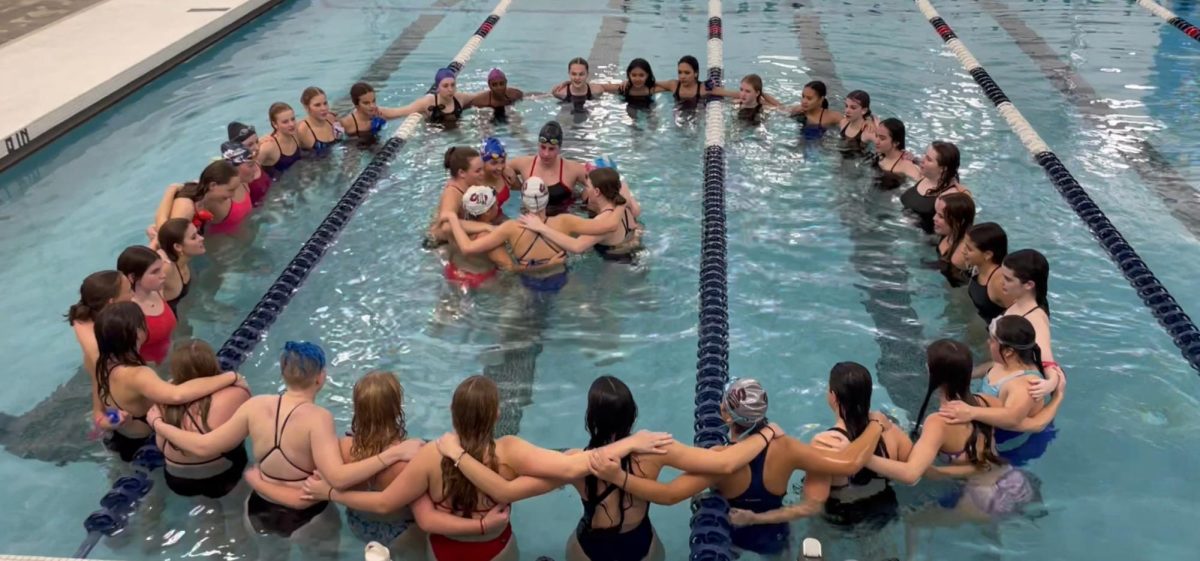

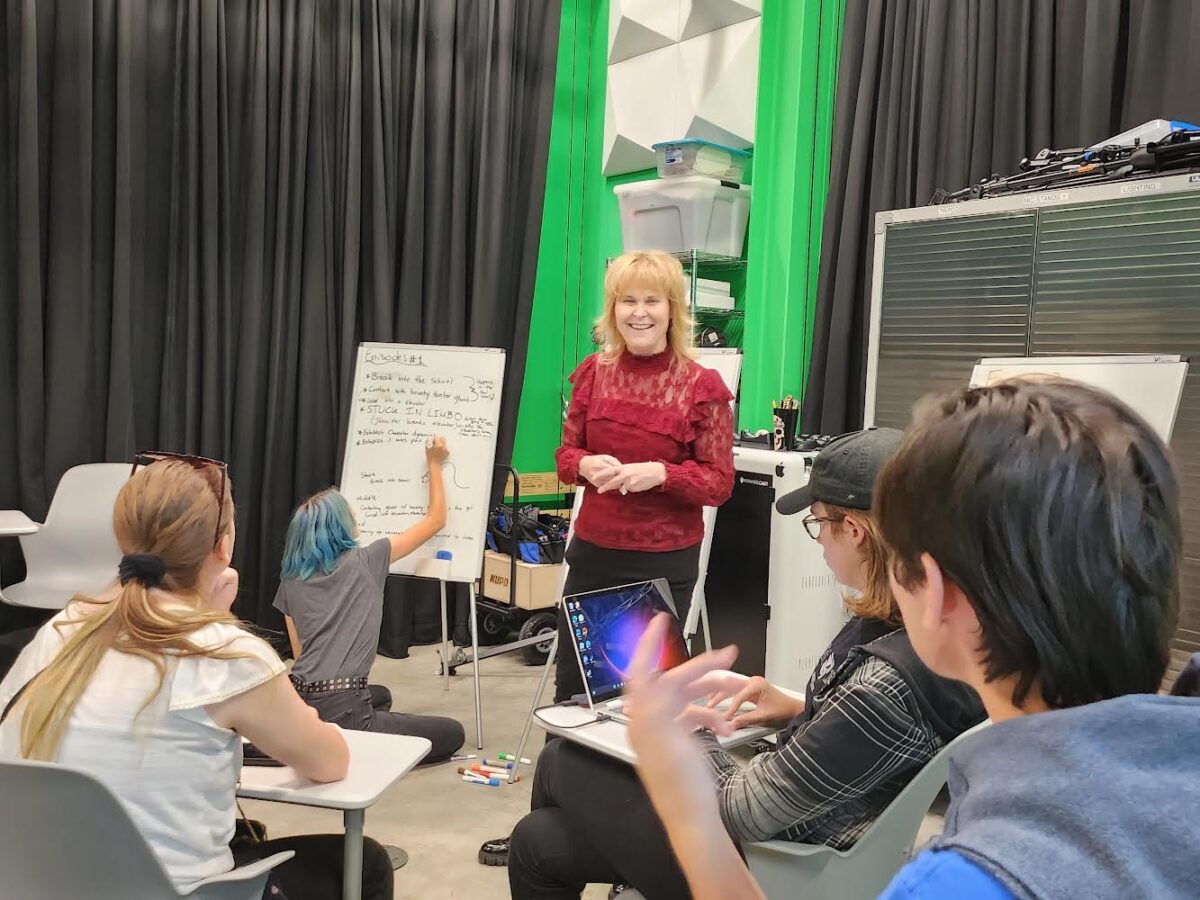


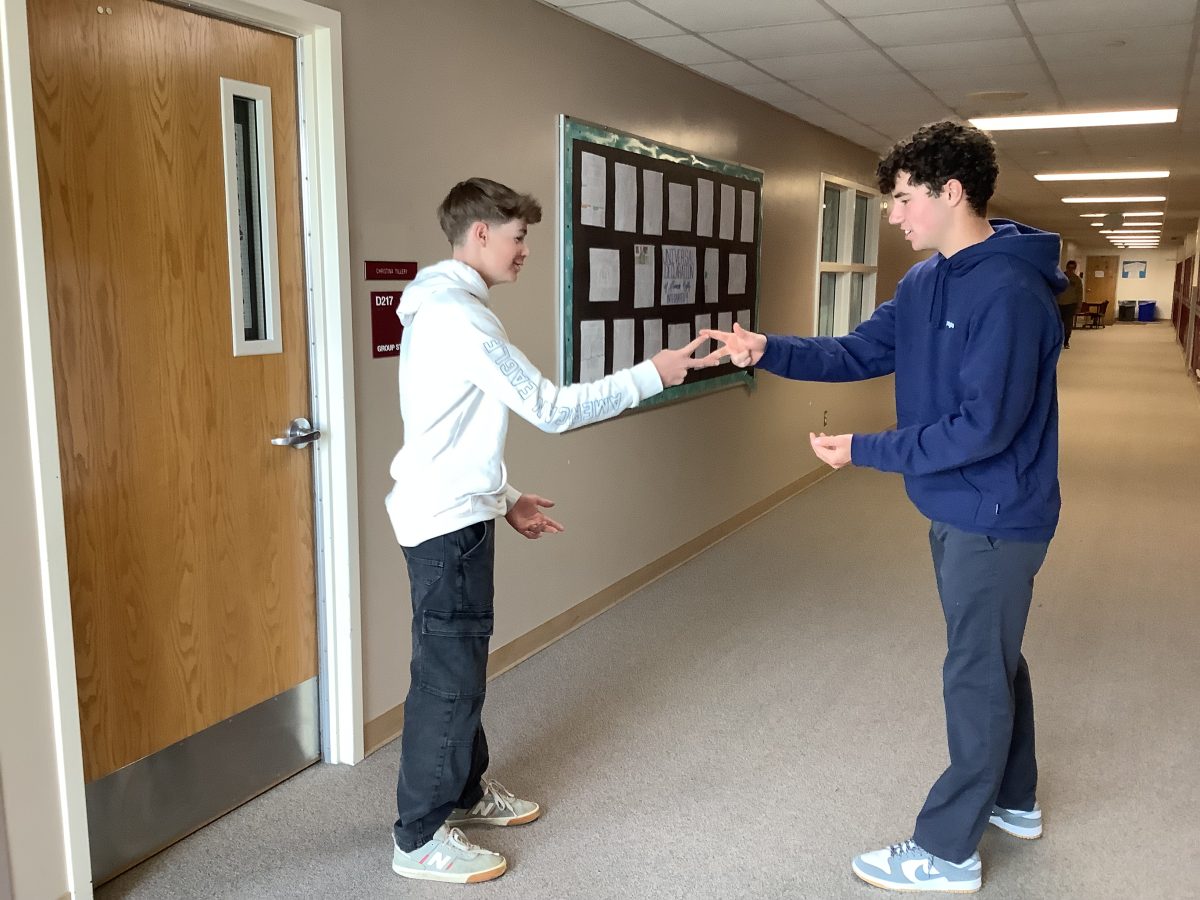

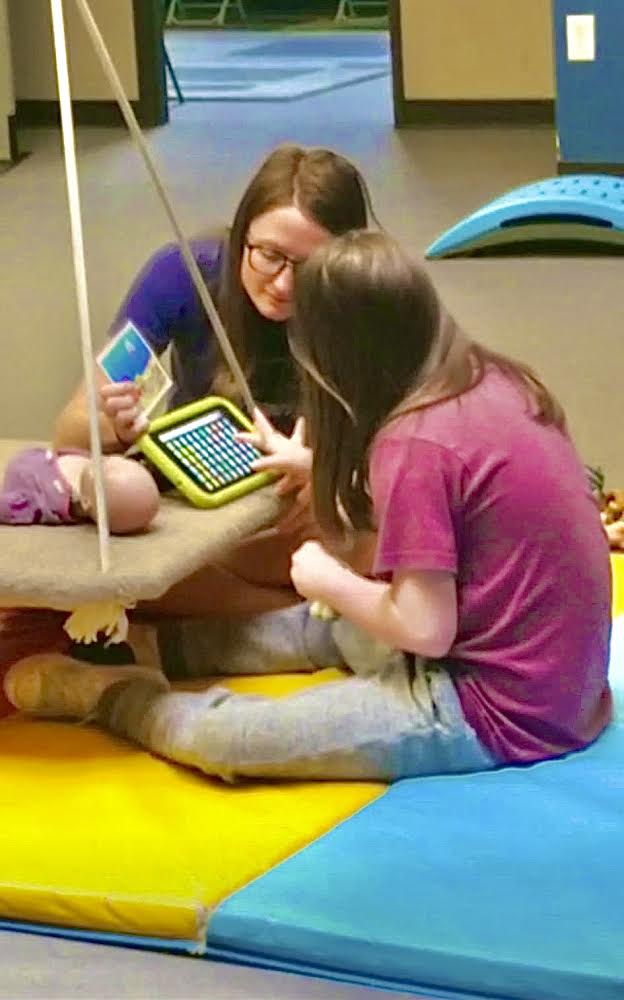

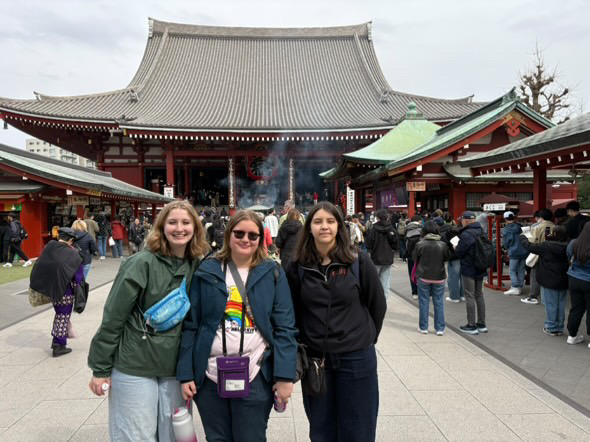
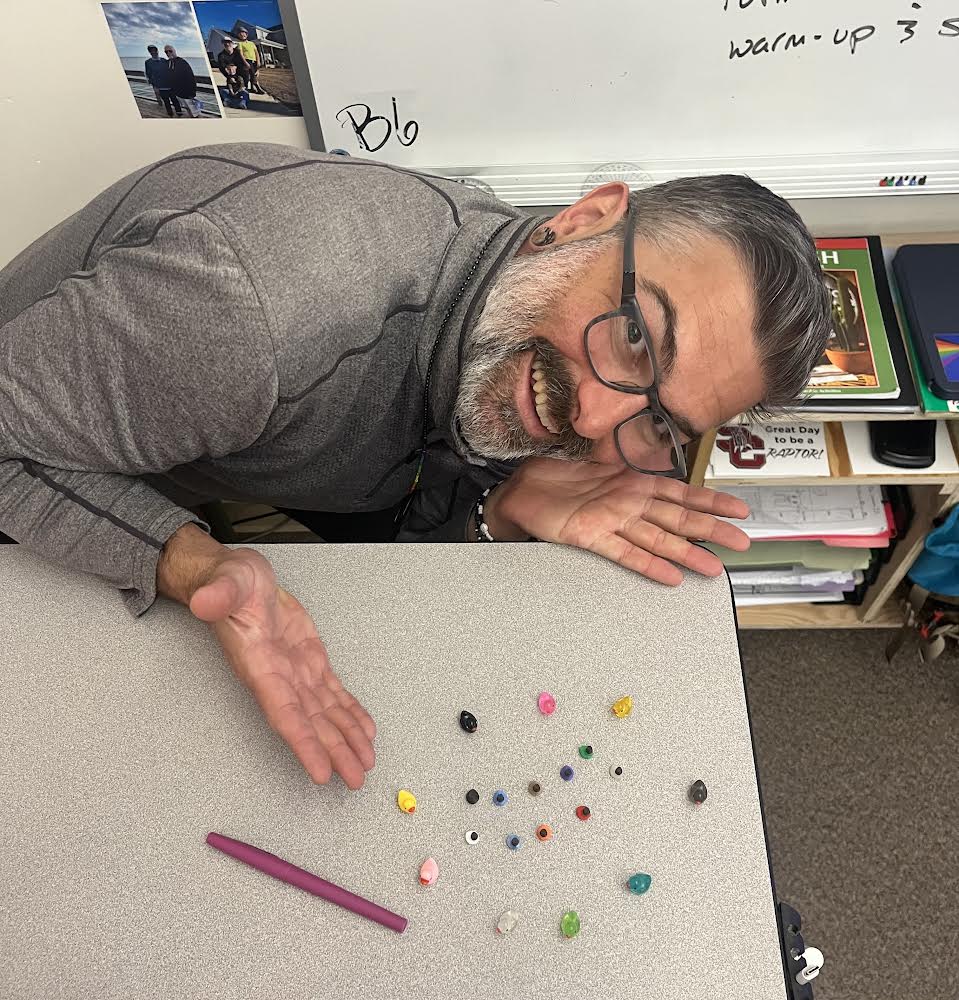

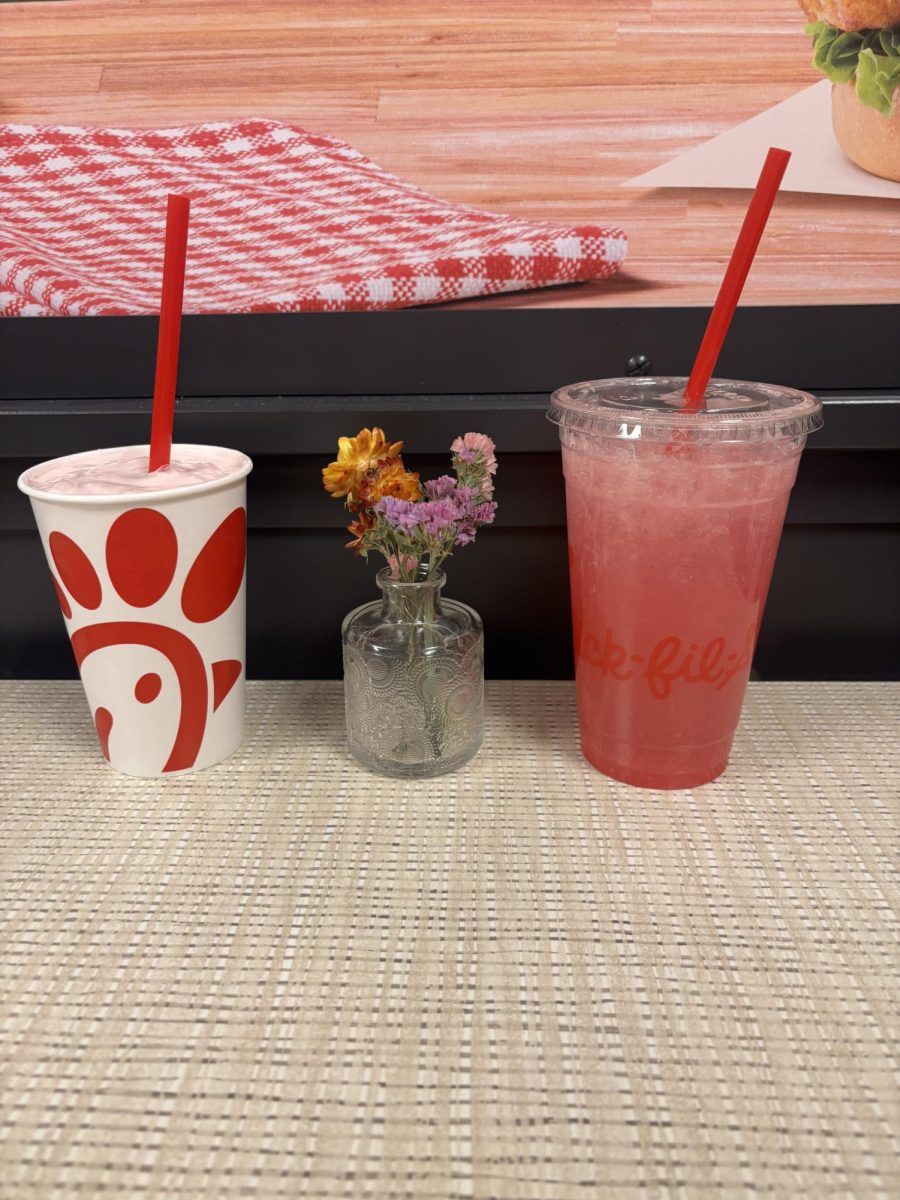

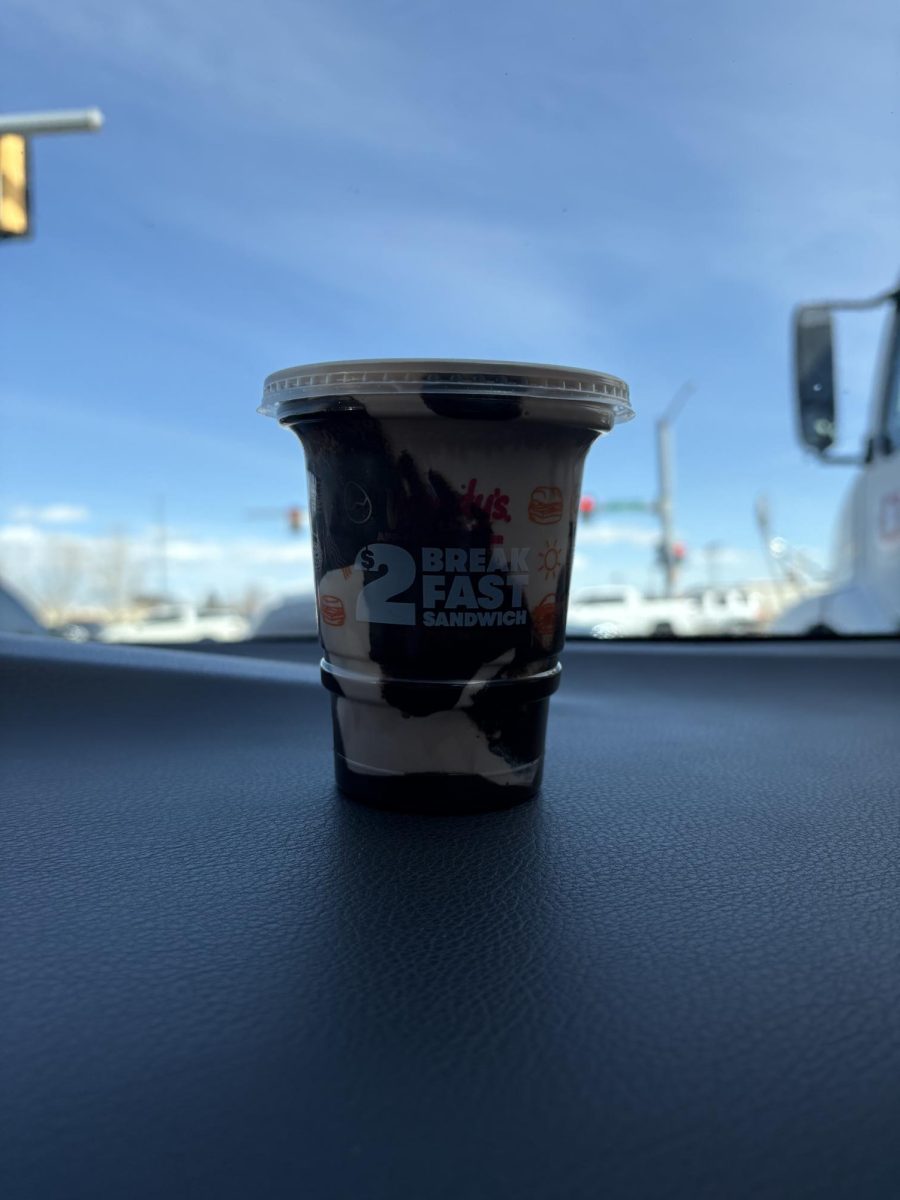

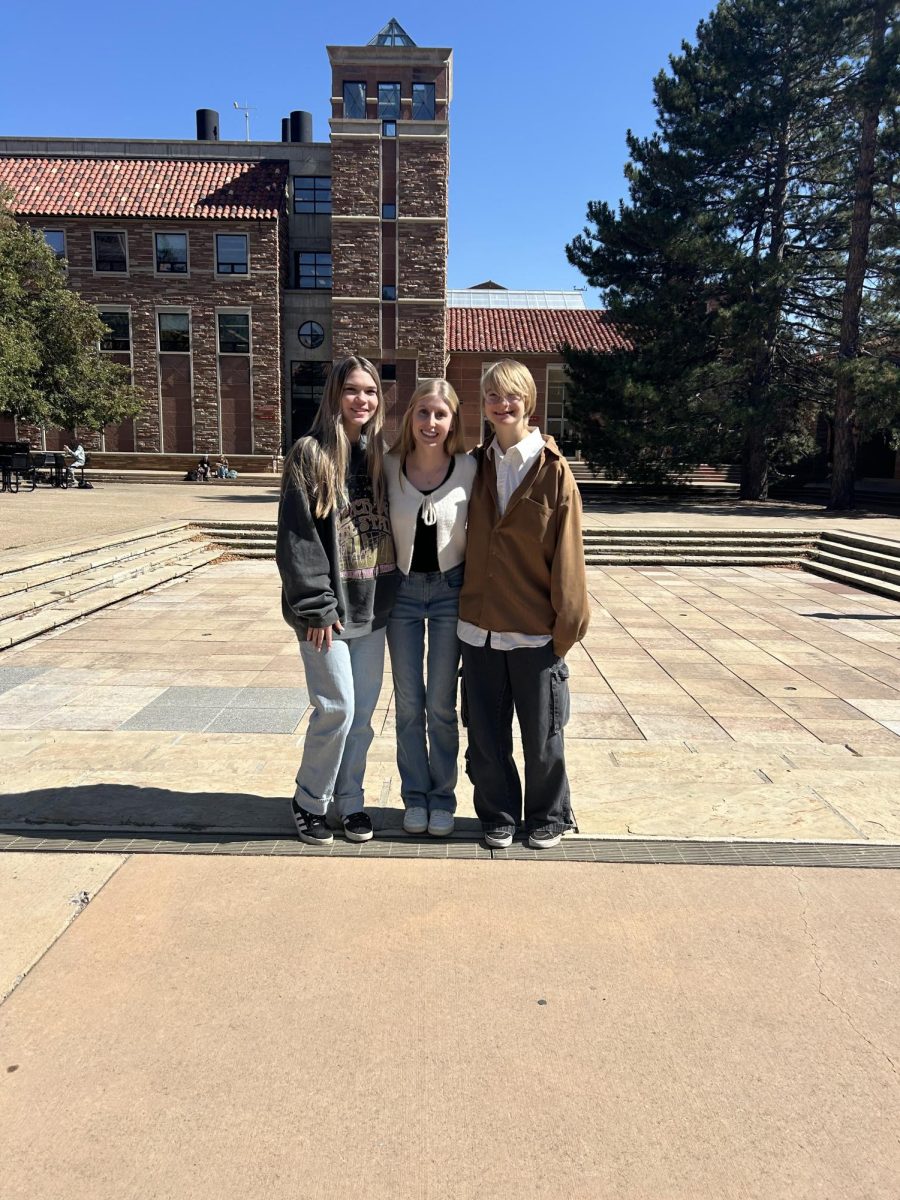

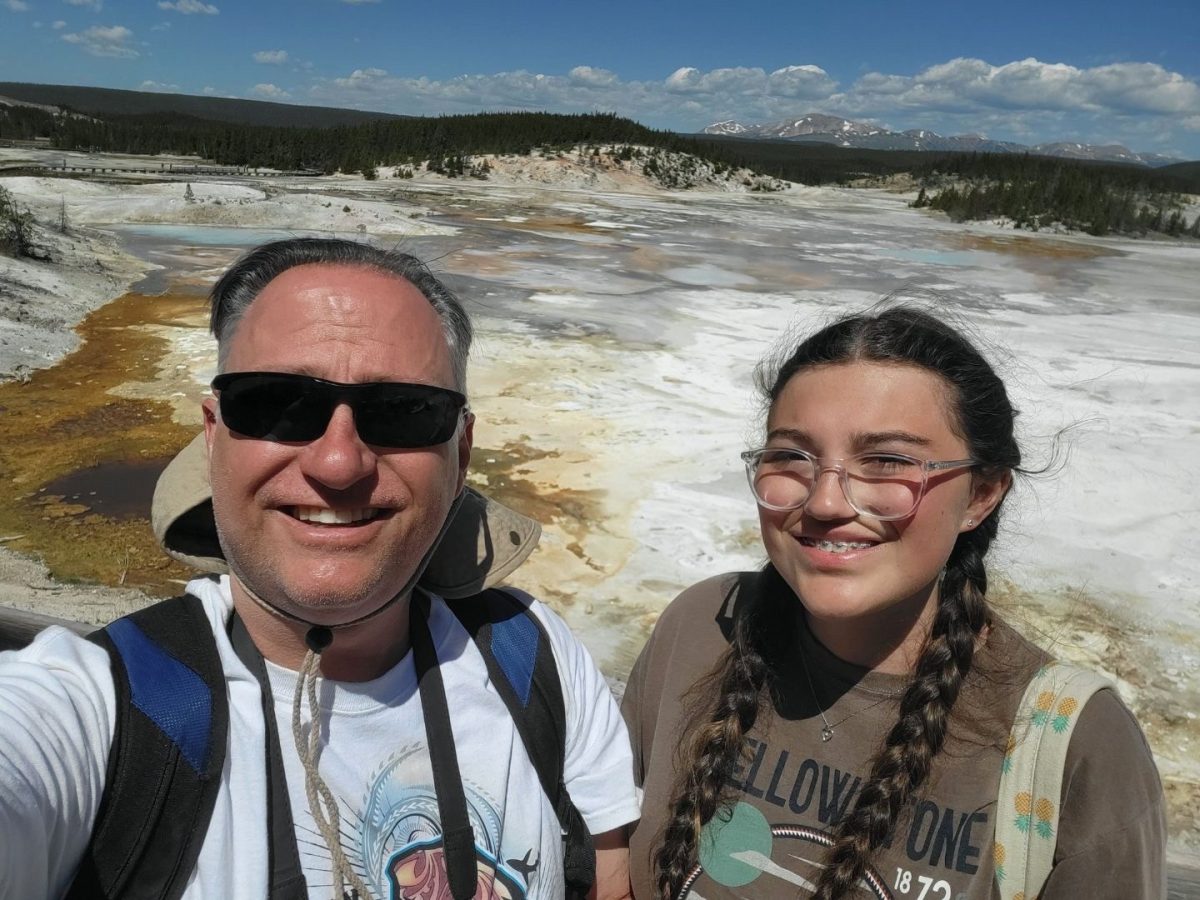
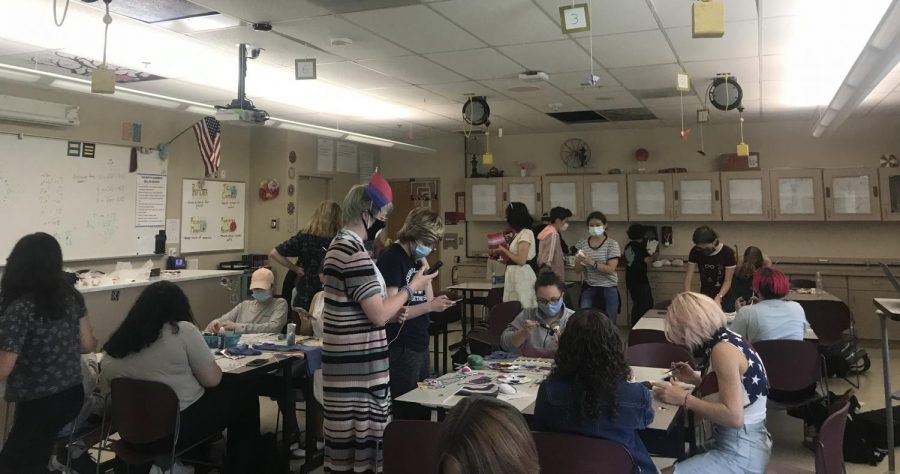

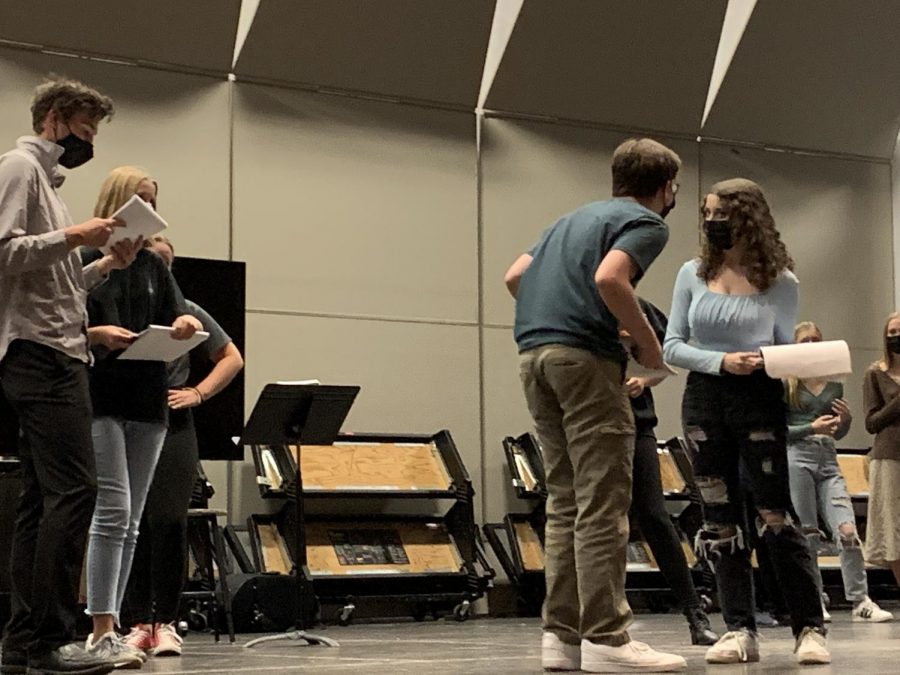


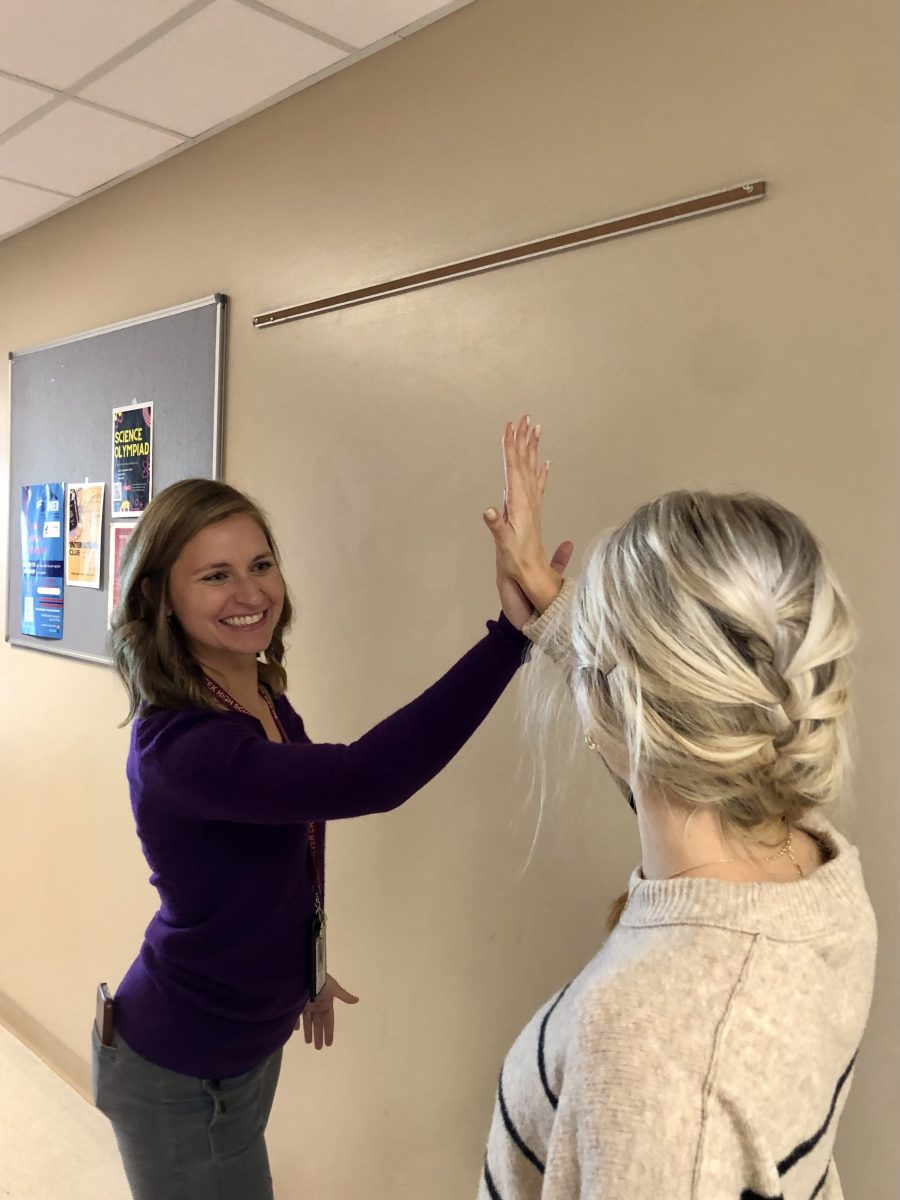
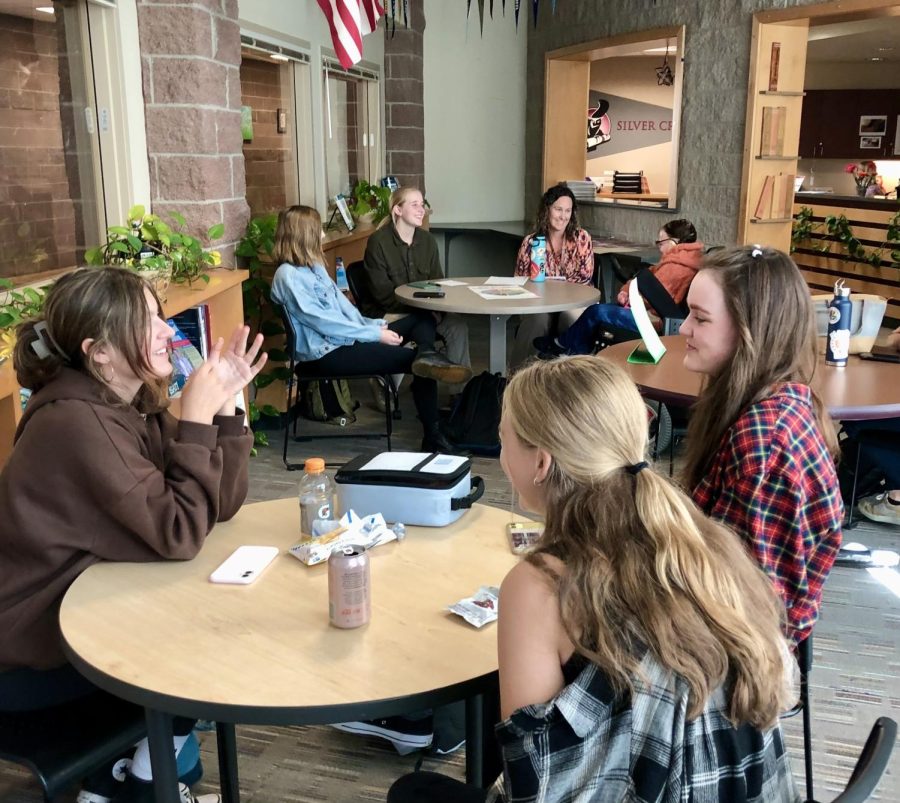
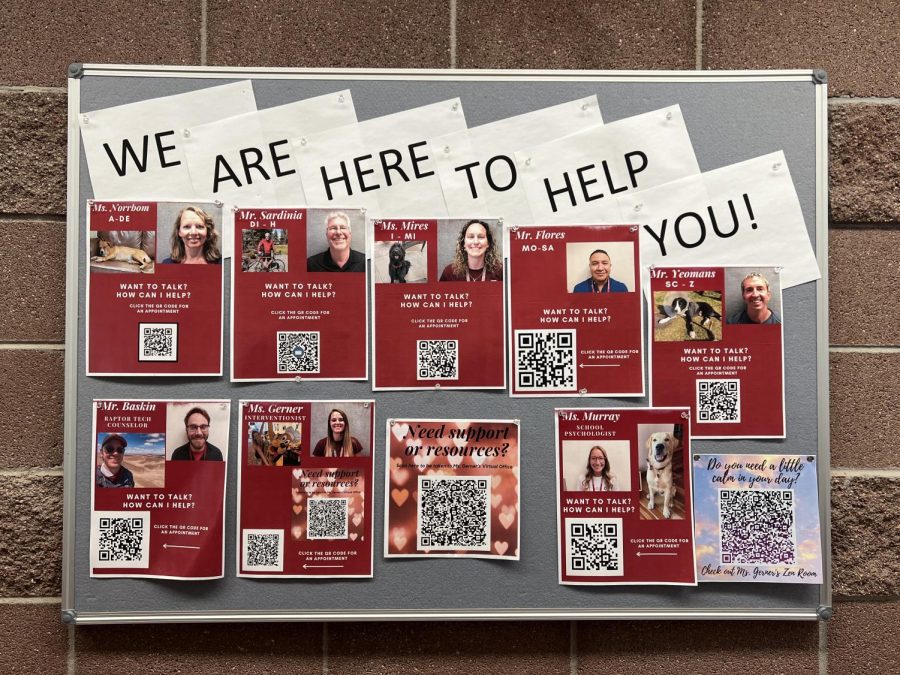


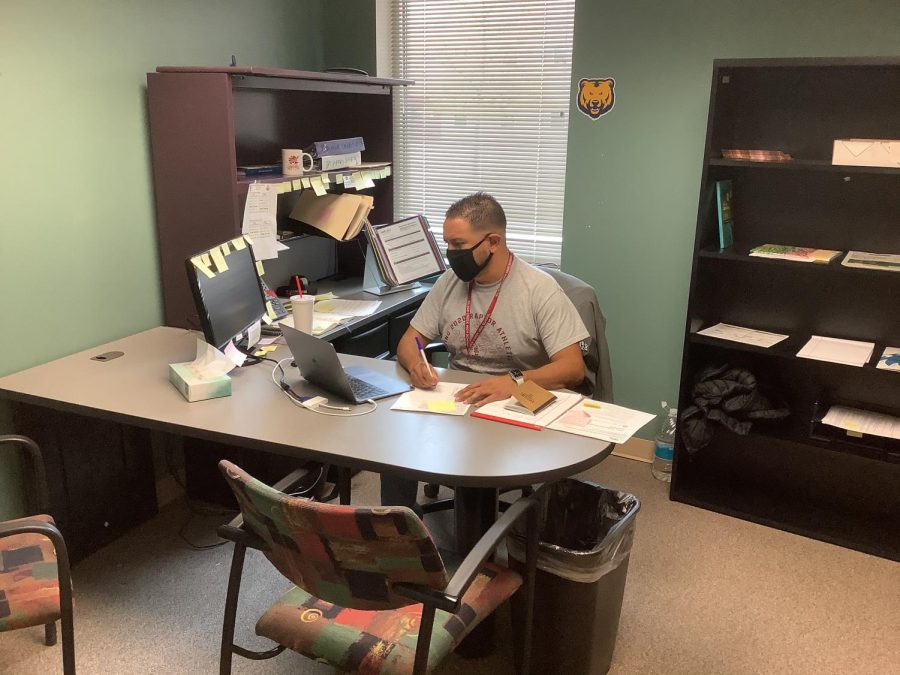
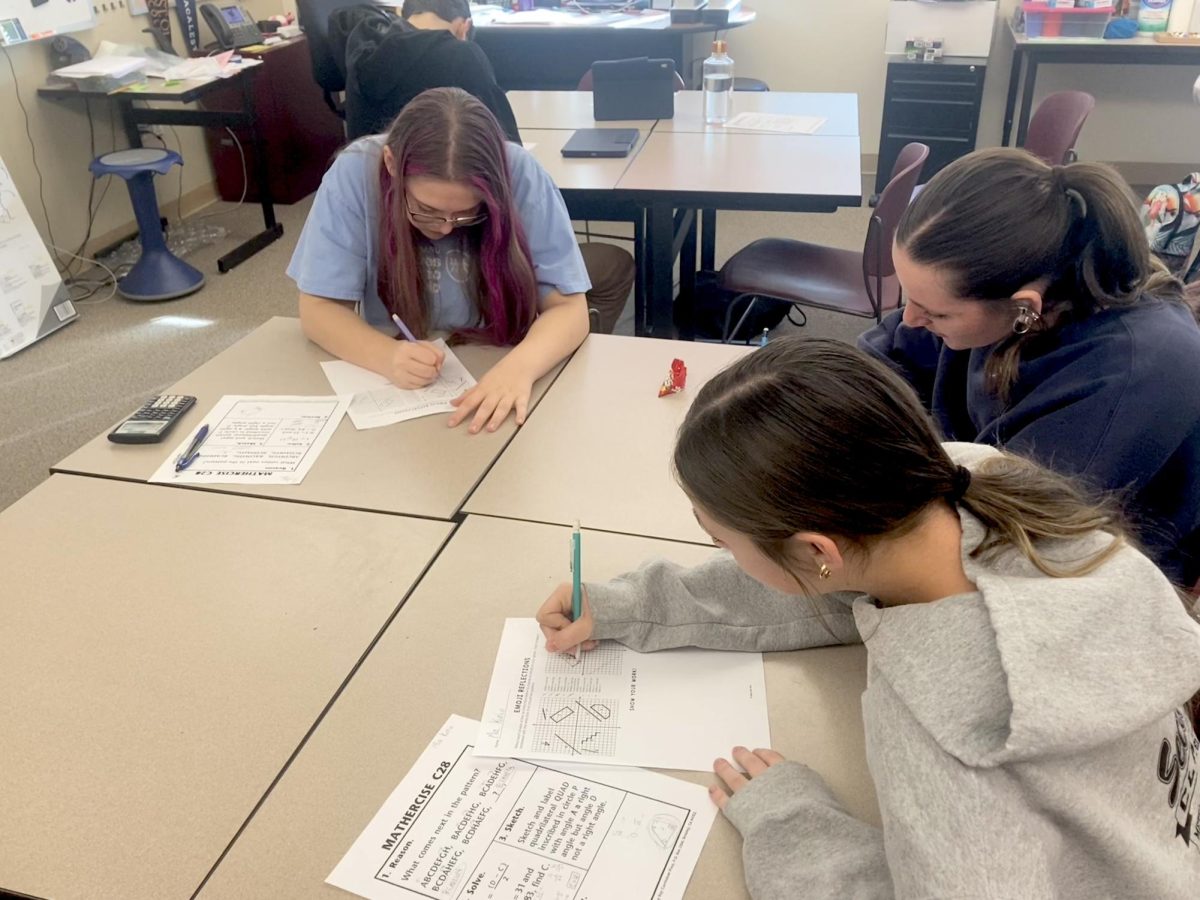
![Hosting the SCLA Casptone Mentor Dinner outside allowed for more attendees on September 27, 2021 at Silver Creek. This event would’ve usually been held inside. According to Lauren Kohn, a SCLA 12 teacher, “If we have a higher number of people, as long as we can host the event outside, then that seems to be keeping every[one] safe”.](https://schsnews.org/wp-content/uploads/2021/11/sxMAIGbSYGodZkqmrvTi5YWcJ1ssWA08ApkeMLpp-900x675.jpeg)


